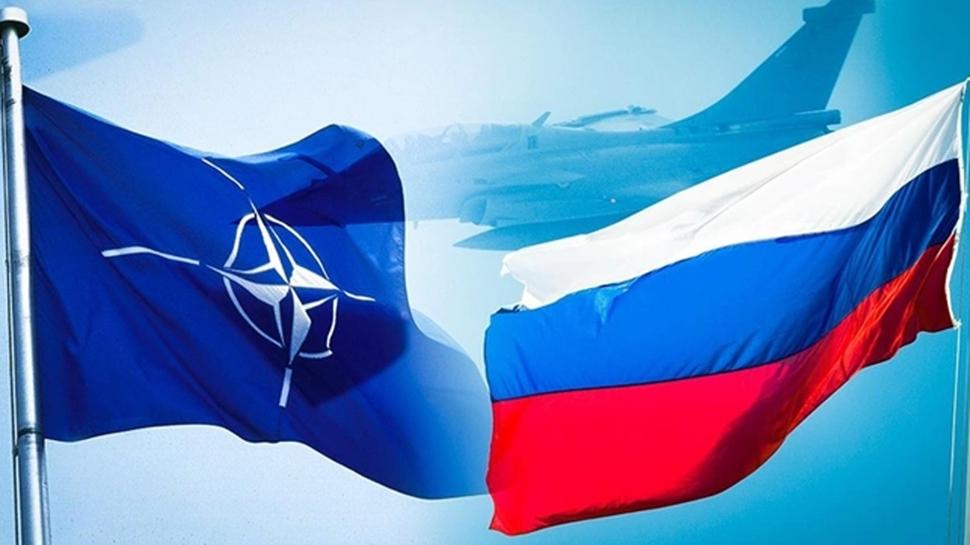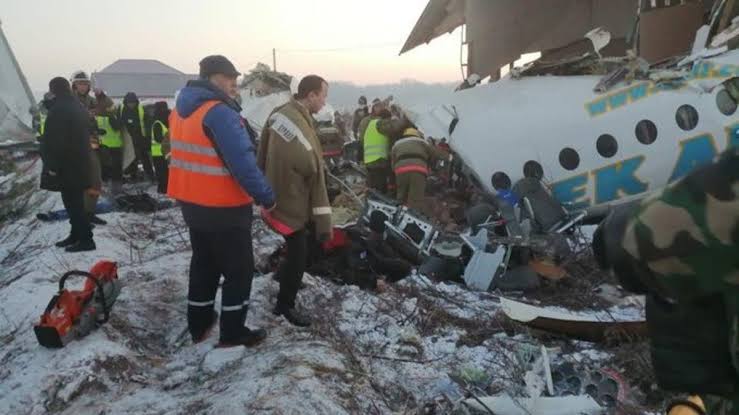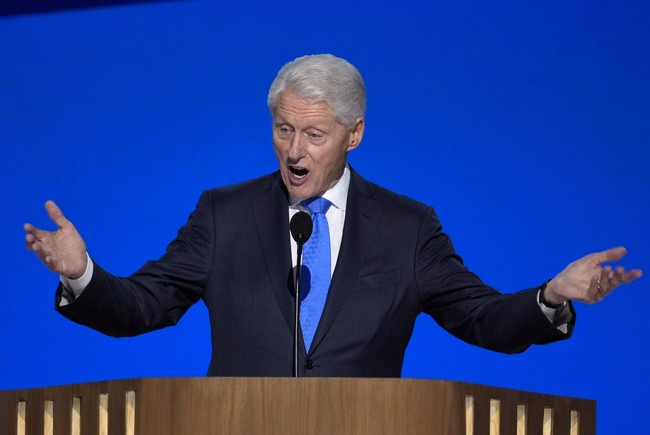NATO and Global Geopolitical Challenges
Explore the intricate geopolitical tensions involving NATO, Ukraine, Russia, and the complex interplay of international power dynamics with insights from diplomatic stances and military strategies.
Published December 08, 2024 - 00:12am

Image recovered from aksam.com.tr
As the geopolitical landscape continues to evolve, NATO faces a series of challenges that extend far beyond its traditional role. Recently, NATO Secretary General Mark Rutte emphasized the critical need for increased military support to Ukraine, stating that more military aid would strengthen Kyiv's position in peace negotiations. This declaration comes at a time when NATO, alongside global allies, is navigating a complex web of threats from Russia and increasingly from China and Iran.
The ongoing conflict in Ukraine has brought NATO's strategic approach under scrutiny. Rutte warns that appeasing Moscow with temporary territorial concessions could expose not just Europe but also the United States to heightened threats from China, Iran, and North Korea. Moscow's aggressive stance, coupled with its alliances, continues to manifest in actions such as cyberattacks and energy blackmail against Western countries, a reminder of the urgent need for a cohesive NATO strategy.
Parallelly, as the U.S. prepares for a new presidential administration, there are pressing questions concerning its approach to Russian-Ukrainian peace talks. President-elect Donald Trump has promised swift negotiations, suggesting that freezing current front lines and leveraging military aid might pave the way. This proposition has raised apprehensions given Trump's expressed aim to recalibrate EU's involvement, potentially shifting the burden of peace facilitation from Washington to Brussels. Such strategic adjustments call into question the cohesion of transatlantic alliances.
Europe's role in forthcoming negotiations has become increasingly pivotal. The European Union has restated its commitment to supporting Ukraine's terms set by President Volodymyr Zelensky, which focus on sovereignty and territorial integrity. However, the EU's geopolitical posture is also influenced by evolving internal politics, as indicated by its keen interest in U.S. discussions about the future of peace talks.
The situation is further compounded by accusations from NATO concerning Russia's alleged support to North Korea's nuclear program, reportedly in exchange for military assistance in Ukraine. This potentially destabilizing nexus between state and non-state actors poses a broader threat, particularly given the emerging alignments between Russia, North Korea, China, and Iran.
For Ukraine, the influx of military aid from NATO signifies an opportunity and a risk; while it provides needed strength, it also elevates the stakes in any potential cease-fire agreement. Ukraine's President Zelensky, faced with the monumental task of negotiating from a position of strength, continues to pursue NATO membership as a means to secure long-term safety against Russian aggression, a prospect that, while crucial for Ukraine, remains contentious within the alliance.
As international eyes remain fixed on how these dynamics will unfold, the implications for global security are profound. Decisions made within the NATO framework, in discussions with U.S. leadership, and under EU guidance will shape not only the future of Ukraine but also the strategic landscape of Europe and the wider world. The path to peace, while fraught with challenges, necessitates a balanced approach that integrates diplomatic tact with robust defense policies to deter adversary actions effectively.







